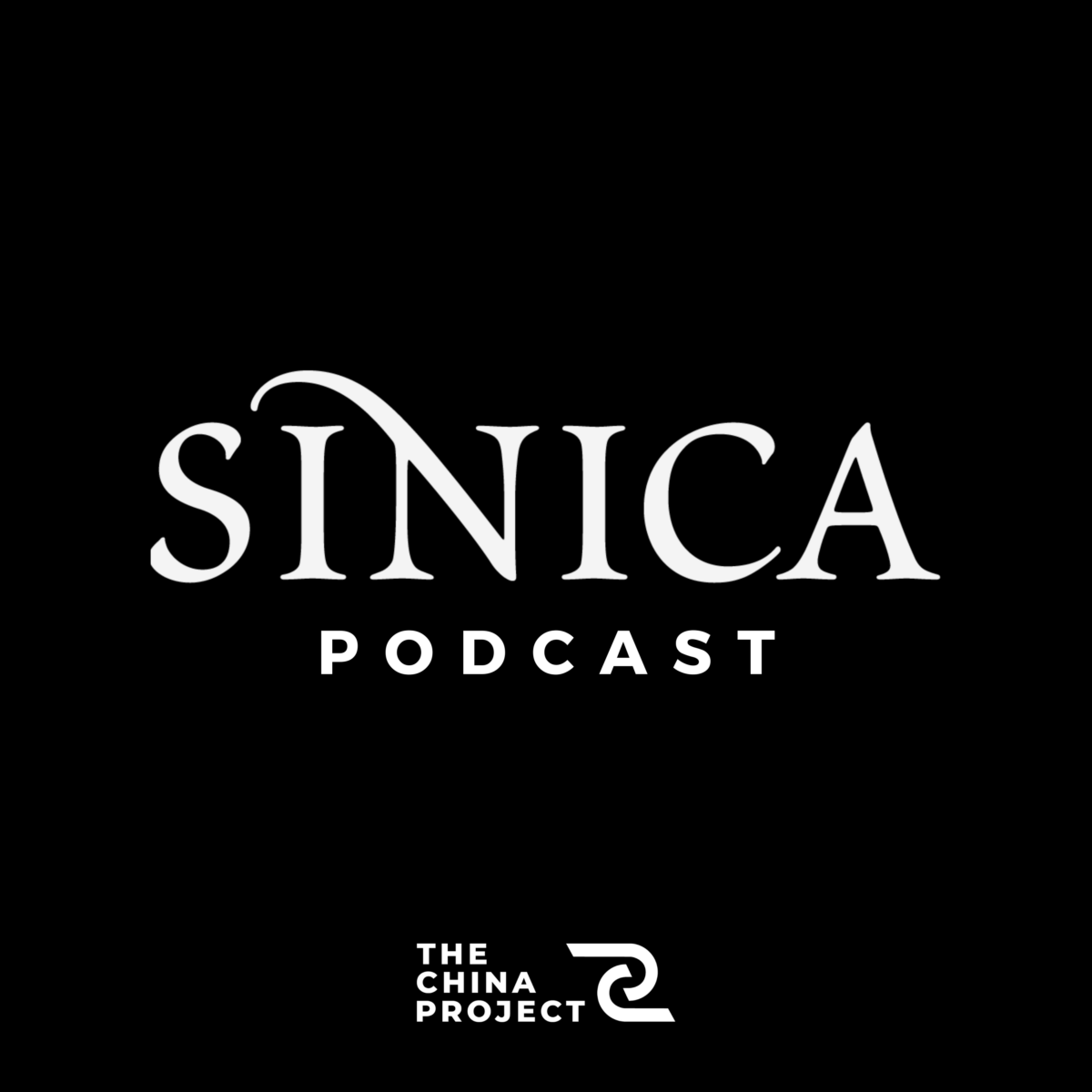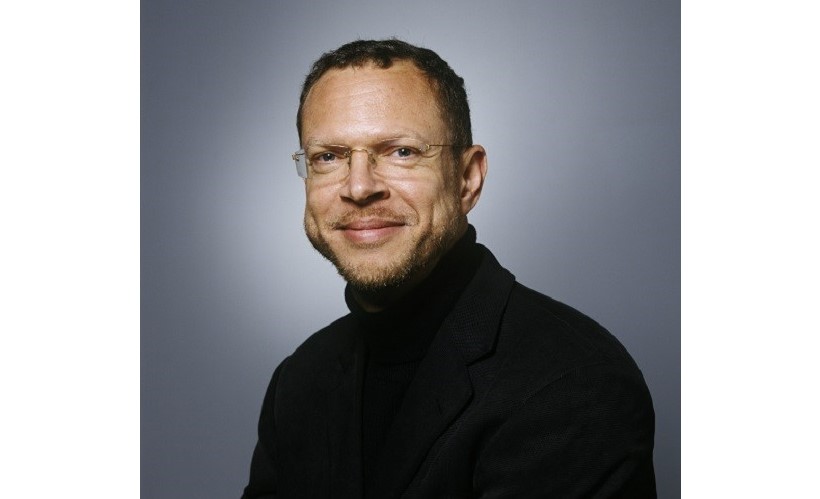On this week’s show, recorded live in New York on April 3, Kaiser and Jeremy have a wide-ranging chat with former New York Times China correspondent Howard French, now a professor at Columbia University’s School of Journalism. We talk about his book Everything Under the Heavens and China’s ambitions and anxieties in the world today.
What to listen for on this week’s Sinica Podcast:
7:31: How do Chinese people react to Western reporting about China? Howard has noticed a shift in his students from the People’s Republic of China and suggests, “Because of the changing climate in China, [Chinese students] have a greater appreciation of some of the liberties that go into being able to express criticism about China or being able to think off the beaten path about China.”
23:48: The three discuss Howard’s book, Everything Under The Heavens, and some of the themes in it. Howard: “So the argument that runs through the book is that, if not DNA, then these two realities of [China’s] longevity and continuity on the one hand, and size on the other hand, have created habits of language and habits of mind and patterns of diplomacy that are fairly consistent, but we can see them repeating themselves in variations over a very, very long period of time.”
32:56: Is China a revisionist power or a status quo power? Before Jeremy can finish asking this question, Howard replies, “It’s both.” Howard explains how this could be possible: “There is an insistent notion in China that I admire. I don’t think it’s always to China’s benefit, but I admire the instinct, if instinct is the right world. ‘For every problem we should find a Chinese way to answer it.’ And so, if international relations can be construed as a problem…then finding a Chinese way alongside of accepting incumbent arrangements is a reflex that one is likely to continue to see in China.”
44:46: The relationship between the United States and China appears to have arrived at a critical juncture. In response to Kaiser’s request to provide a prognosis for U.S.-China relations, Howard contests that “most of the liability of the present moment is actually bound up in the present moment.” He continues, “There will be consequences to pay even if Trump goes [in 2020]…and that the United States, I think, no matter what happens in the succession year after Trump, in the best of scenarios, will still have surrendered some not inconsiderable part of its prestige and power in the world.”
Recommendations:
Jeremy: The Idle Parent: Why Laid-Back Parents Raise Happier and Healthy Kids, by Tom Hodgkinson, a case for laissez-faire parenting.
Howard: Empires of the Weak: The Real Story of European Expansion and the Creation of the New World Order, by J.C. Sharman, and River of Dark Dreams: Slavery and Empire in the Cotton Kingdom, by Walter Johnson.
Kaiser: An article in the London Review of Books, Is this the end of the American century?, by Adam Tooze.
This podcast was edited and produced by Kaiser Kuo and Jason MacRonald.








